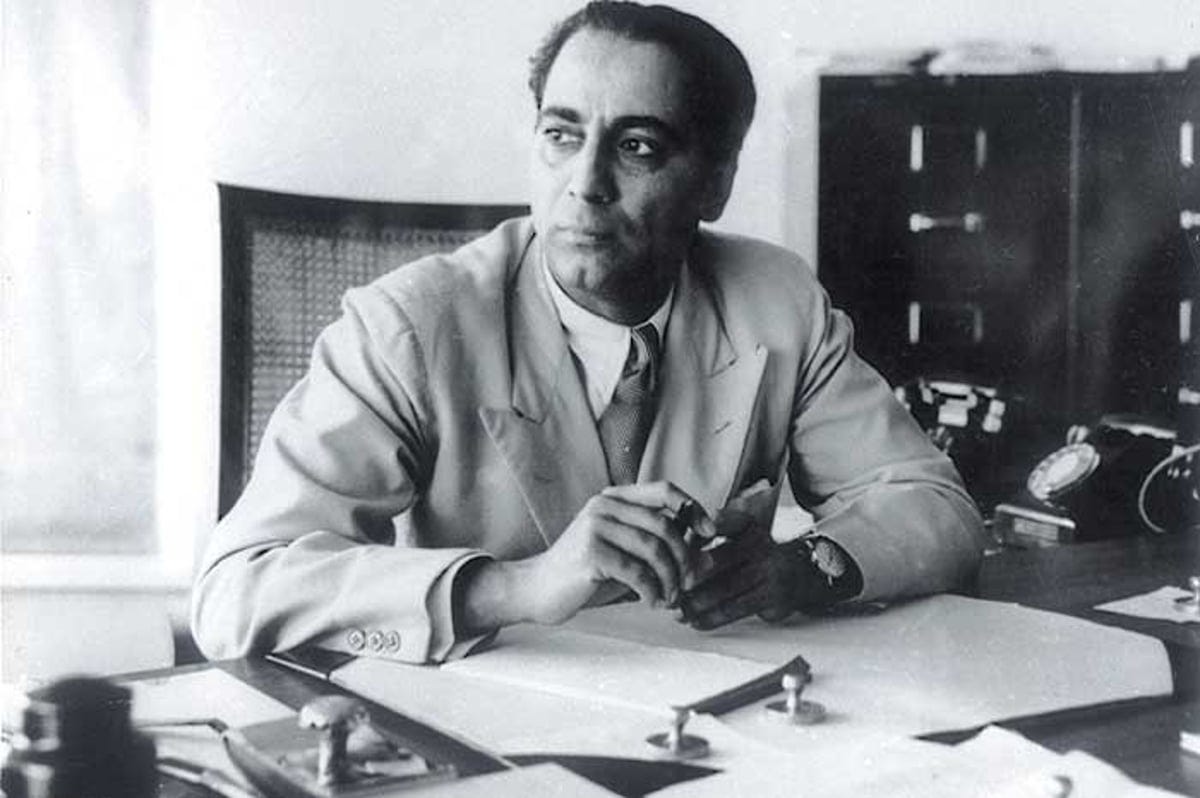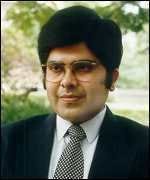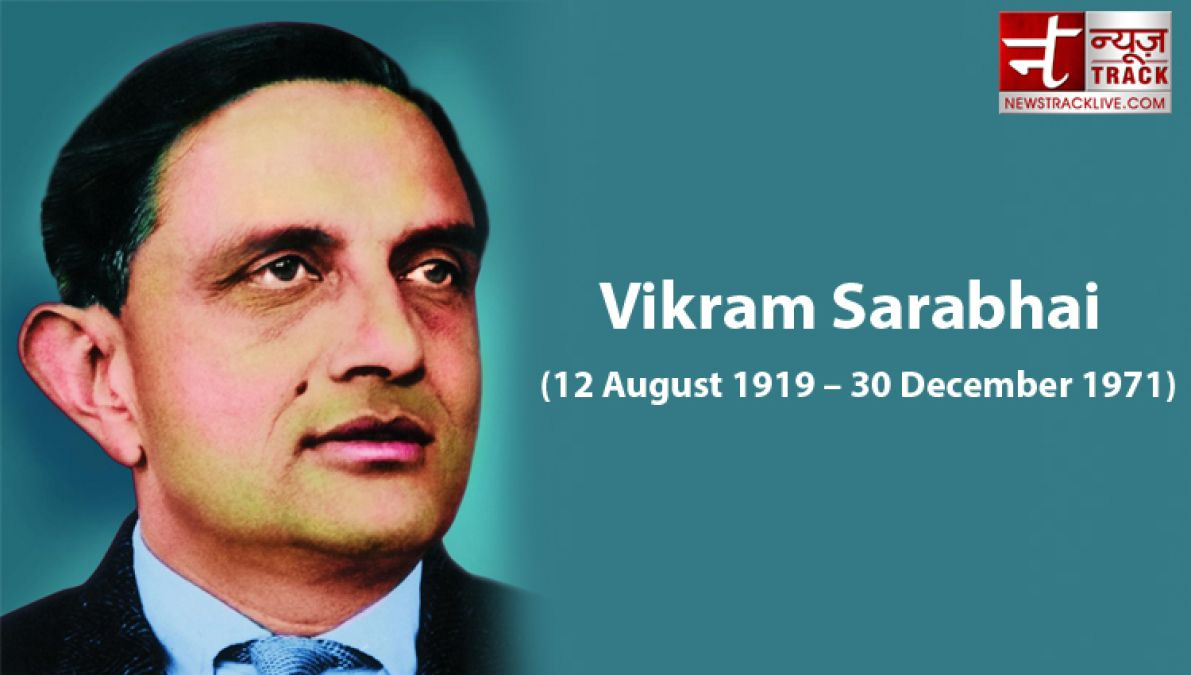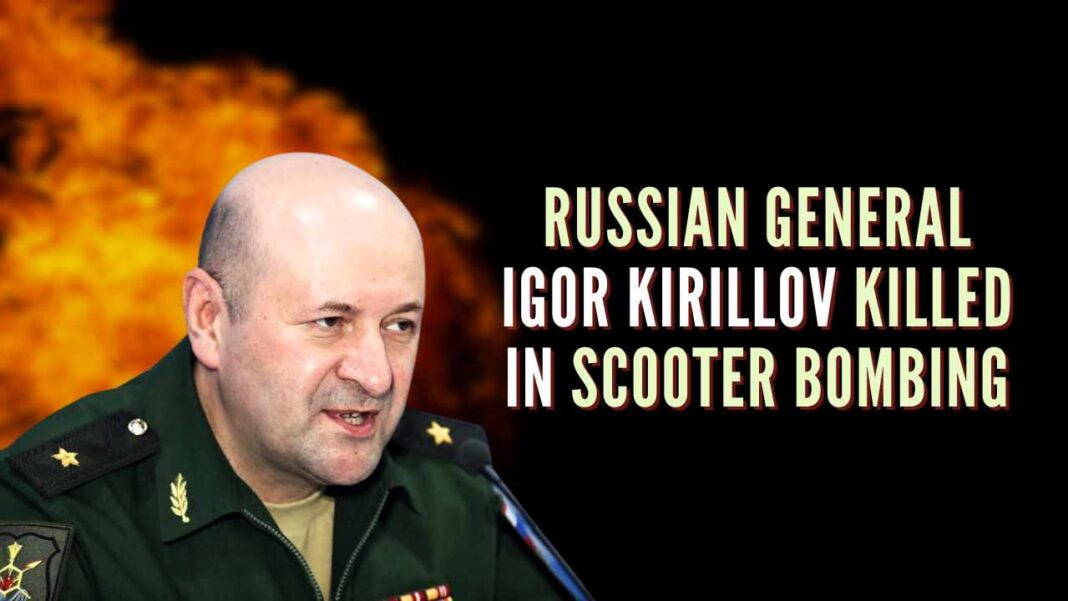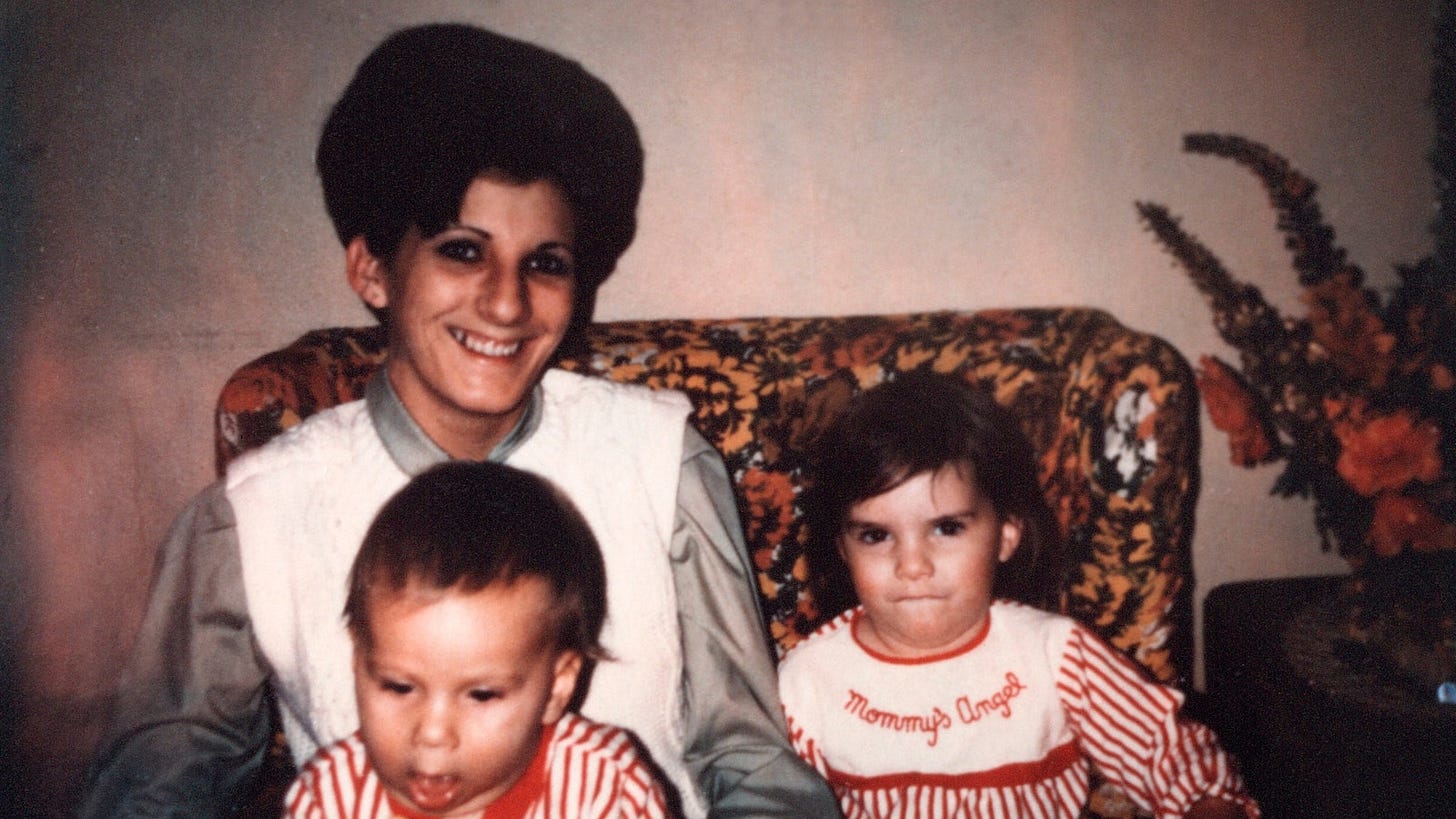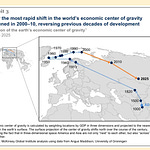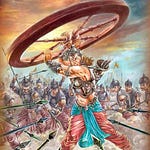A version of this essay was published by firstpost.com at https://www.firstpost.com/opinion/shadow-warrior-comrade-kirillov-and-the-art-of-whistleblowing-13846569.html?utm_source=twitter&utm_medium=social
One of the great Raja Rao’s slighter works is called Comrade Kirillov: it is what Graham Greene would have called an ‘entertainment’, as opposed to the ‘novels’ he wrote on themes of some gravity. I was reminded of the title in an altogether inappropriate way when I read of the assassination of General Kirillov in Moscow, allegedly by Ukrainian secret agents.
Then I read of the tragic suicide of Suchir Balaji, a whistleblower and former employee at OpenAI, surely the most glamorous company in Silicon Valley these days.
There is a thread here: it is not good for your health if you expose certain people or certain companies. You will pay a price.
You may just be minding your own business, but you happen to be in the way. This is what happened to Indian nuclear and space scientists over the last few decades. Homi Bhabha’s plane crashed in the Swiss Alps. Vikram Sarabhai died mysteriously at Halcyon Castle, Trivandrum, close to the space center that now bears his name.
Dozens of lesser-known Indian space and nuclear scientists and engineers died too, inexplicably. The same thing happened to Iranian nuclear scientists. Nambi Narayanan was lucky to escape with his life (“Who killed the ISRO’s cryogenic engine?”), though his career and reputation were ruined.
My friend Dewang Mehta of NASSCOM died quite suddenly too. I wrote a tribute to him years ago, “The man who knew marketing”. In hindsight, I think he was a friend, not just an acquaintance. I remember some very human details about him: eg. he asked a mutual friend to introduce eligible women to him, just as I did. But I digress: I believe Dewang was as important to the Indian IT story as Bhabha and Sarabhai to nuclear and space: they made us believe, and we rose to the occasion.
Then there was Lal Bahadur Shastri. The circumstances of his sudden death remain murky.
And Sunanda Pushkar, Shashi Tharoor’s wife, whom I was following on Twitter in real time. One night, she promised to make some startling revelations the next morning, presumably about dubious dealings in Dubai by the D Company. And lo! she was dead the next morning.
It is hard not to think that there is a pattern. Not only here, but in the trail of dead bodies that follows the Clinton dynasty around. The Obama chef who drowned. The whistleblowing CIA and FBI agents who… just died. The list is long. People who are inconvenient end up in body bags. I remember reading that when Sarabhai died, his family did not even ask for a post-mortem.
There are two broad patterns: geo-political assassinations and those for commercial reasons.
In Kirillov’s case, it was probably both.
General Kirillov claimed that there were bio-labs in Ukraine, etc. where the Deep State was cooking up banned biological weapons, in an eerie echo of Peter Daszcak’s Ecohealth Alliance and Anthony Fauci’s NIAID allegedly aiding and abetting prohibited gain-of-function research at the Wuhan Institute of Virology. He claimed biological crises were manufactured on demand to generate profits and increase government control. Presumably he opened a can of worms that the Deep State and Big Pharma didn’t want opened. Off with his head!
There is the ‘conspiracy theory’ that the entire COVID-19 circus was a bioweapons project that went awry. It was intended to depopulate the world, especially of black and brown people, to which the IITD paper (that was forcibly withdrawn) alludes: the genes that seemed to have been inserted into the original virus were from India, Southeast Asia, and Kenya, if I remember right. Of course, the powers that be do not want shocking stuff like this to come out.
It is straightforward to make it a false-flag operation with the Ukrainian SBU secret service to provide plausible deniability: much like the bombing of the NordStream pipeline. So exit, stage left, for Kirillov. As Sherlock Holmes might have said, “Follow the money”, or words to that effect. Cui bono?
I really don’t mean to trivialize human suffering, but to focus on the shadowy forces that organize and execute targeted assassinations. In particular, decapitation strikes can be devastating. In our own history, the loss of Hemachandra Vikramaditya in the Second Battle of Panipat, in 1526, to a stray arrow that hit him in the eye, was a point of inflexion.
Similarly, at the Battle of Talikota in 1565, the capture and beheading of the aged Ramaraya by his own troops that had gone rogue turned the winning position of the Vijayanagar Empire into a headlong rout and obliteration for the city-state.
The assassination of Ahmed Shah Masoud, the Commander of the Northern Alliance, with a bomb hidden in a news camera, turned the tide in Afghanistan in 2001. The American assassination of Qasem Soleimani of Iran in 2020 led to a significant erosion of Iran’s position, for example in Syria.
The silencing of whistle-blowers has, alas, become all too common. There were the allegations about Karen Silkwood in 1974, who died in a mysterious car crash as she was driving to meet a NYTimes reporter regarding problems at a plutonium processing plant run by Kerr-McGhee in Oklahoma.
In 2003, David Kelly, a British weapons inspector who claimed there were indeed no weapons of mass destruction in Iraq, was found dead. The verdict was suicide.
In 2015, Alberto Nisman, an Argentine prosecutor known for his work on terrorism cases, was found dead days after he accused Iran of involvement in a car-bombing on a Jewish center.
In March 2024, John Barnett, a former Boeing employee, was found dead from a gunshot wound in his truck, just before he was scheduled to testify in a whistleblower lawsuit. There was also Joshua Dean, who died of a strange infection in May 2024, shortly after Barnett’s death. He worked for a company supplying parts to Boeing.
In November 2024, Suchir Balaji, all of 26 years old, was found dead in his San Francisco apartment. In October, he had made allegations about OpenAI violating copyright laws.
The bottom line: if you know something, just keep quiet about it. If you are a person of substance, take no risks, and be paranoid about your security. It’s a pretty nasty world out there.
The AI-generated podcast about this essay courtesy Google NotebookLM:
1050 words, 19 Dec 2024


